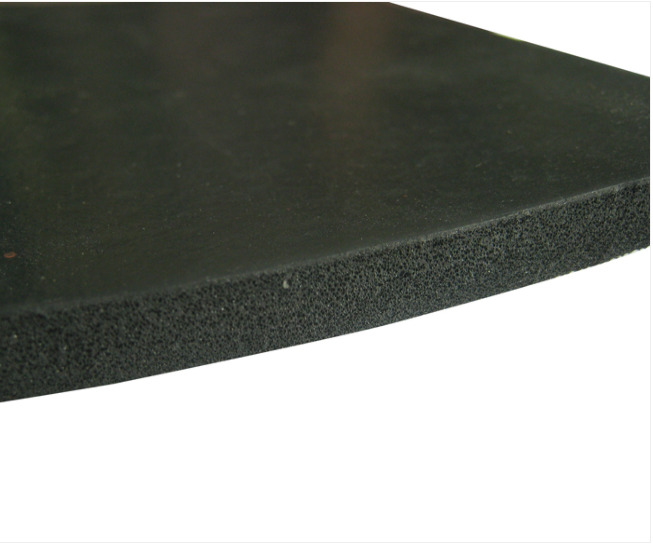
In modern industry and daily life, rubber products play an indispensable role. They are widely used in various fields such as construction, machinery manufacturing, electronics and electrical appliances, and personal protection. Among them, anti-vibration rubber sheets and silicone rubber sheets, as two common types of rubber materials, have attracted much attention due to their unique properties. This article will delve into the differences between these two materials and analyze their advantages in different scenarios.
1. Composition of rubber sheets
Anti-vibration rubber sheets, as the name suggests, are rubber products with a vibration-absorbing function. They are usually made of natural rubber or synthetic rubber and improved by adding fillers such as carbon black and sulfur to enhance their wear resistance and elasticity. The main feature of this material is its ability to effectively absorb and disperse vibration energy, reducing noise and vibration generated by machinery equipment and protecting equipment from damage.
Silicone rubber is a high-performance synthetic rubber made of siloxane polymers, with excellent temperature stability and chemical inertness. This means that silicone rubber sheets can work in extreme temperature conditions and show good resistance to most chemicals. Additionally, it has good electrical insulation properties, making it an ideal choice for the electronics and electrical appliances industry.

2. Performance differences
Differences in Thermal Resistance Performance
Although rubber anti-vibration pads have certain thermal resistance, they tend to age and lose elasticity in high-temperature environments. In contrast, silicone rubber pads can maintain their physical properties unchanged within the temperature range of – 60°C to + 250°C, making them suitable for applications that require resistance to high or low temperatures.
Differences in Chemical Resistance
The presence of silicon-oxygen bonds in the molecular structure of silicone rubber makes it resistant to the corrosion of a wide range of chemicals, including acids, bases, oils, and solvents. This is particularly important for the chemical industry, as many chemical reactions take place in corrosive environments.
Differences in Electrical Insulation Performance
Silicone rubber pads are often used as insulation layers for electrical wires and cables due to their excellent electrical properties, especially in high-voltage environments. Traditional rubber anti-vibration pads also have some insulation capabilities, but they are still inferior to silicone rubber in this regard.

